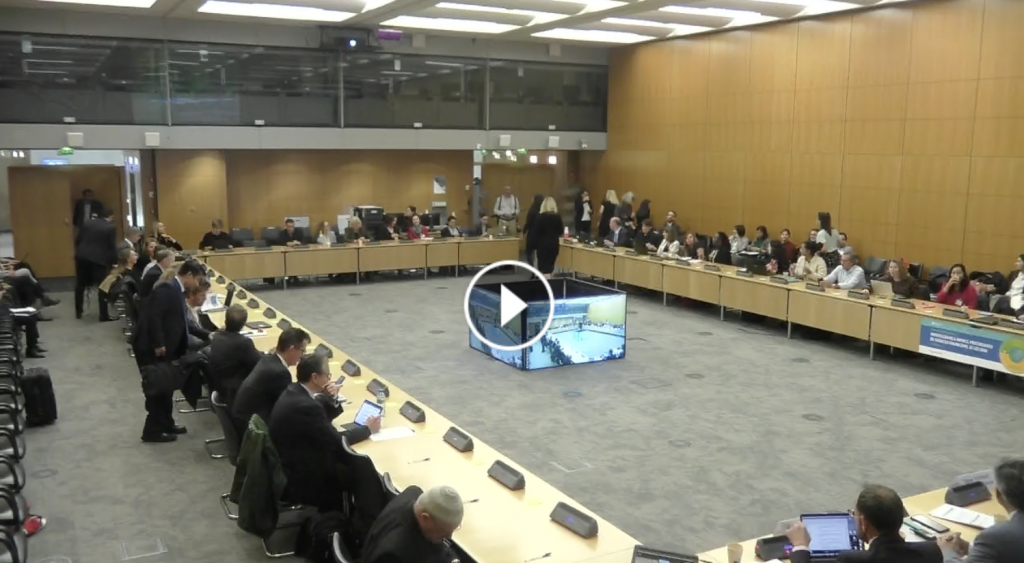CERISE+SPTF and OECD MEETING 2022



FINANCE UNITED: IMPACT INVESTORS, FINANCIAL SERVICE PROVIDERS, AND THE SDGs

Opening keynote addresses
Global leaders from the fields of impact management and standards-setting shared perspectives on how we can work together to achieve the Sustainable Development Goals.
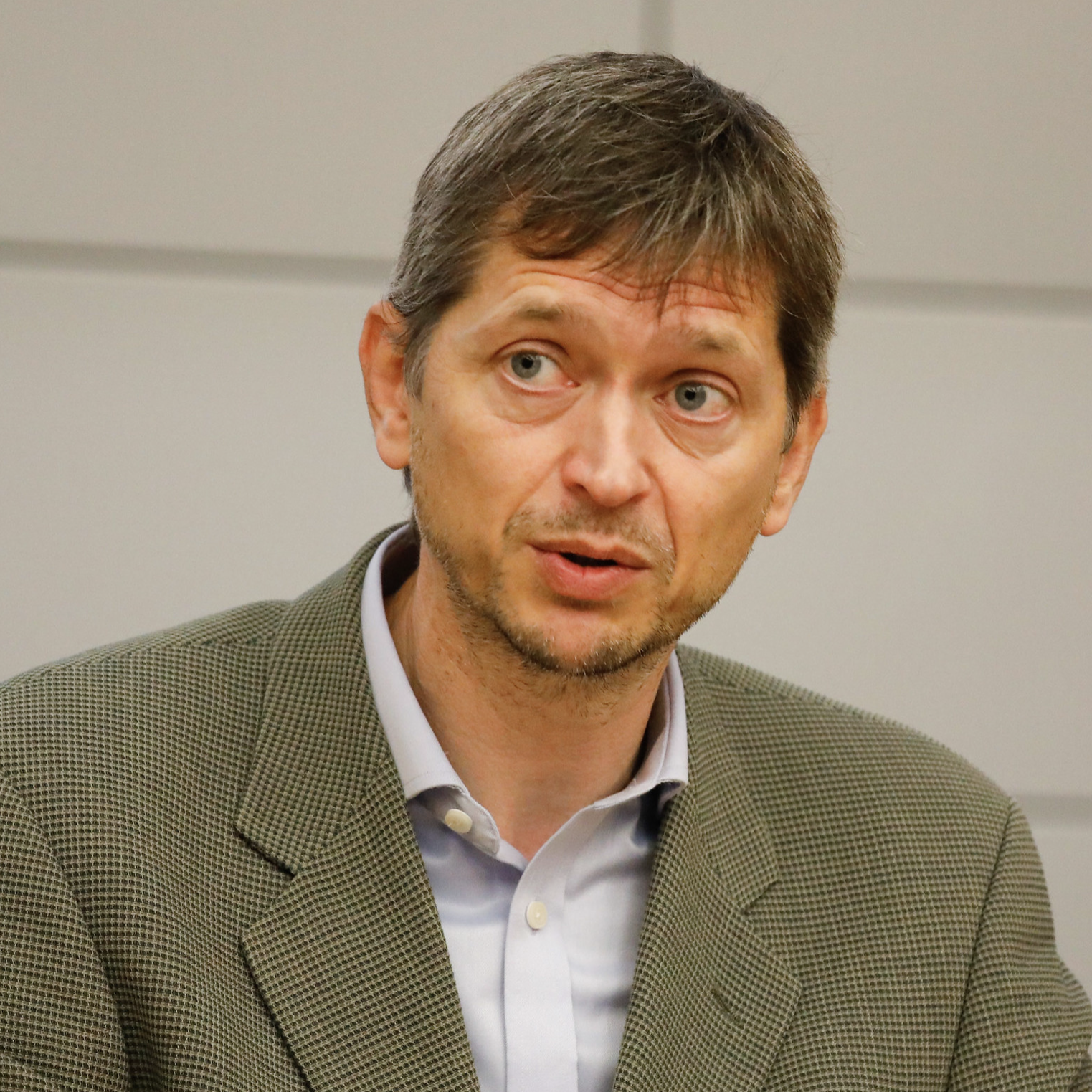
Richard Barker
Member, International Sustainability Standards Board

Edgardo Perez Preciado
General Manager, Fundación Génesis
Empresarial
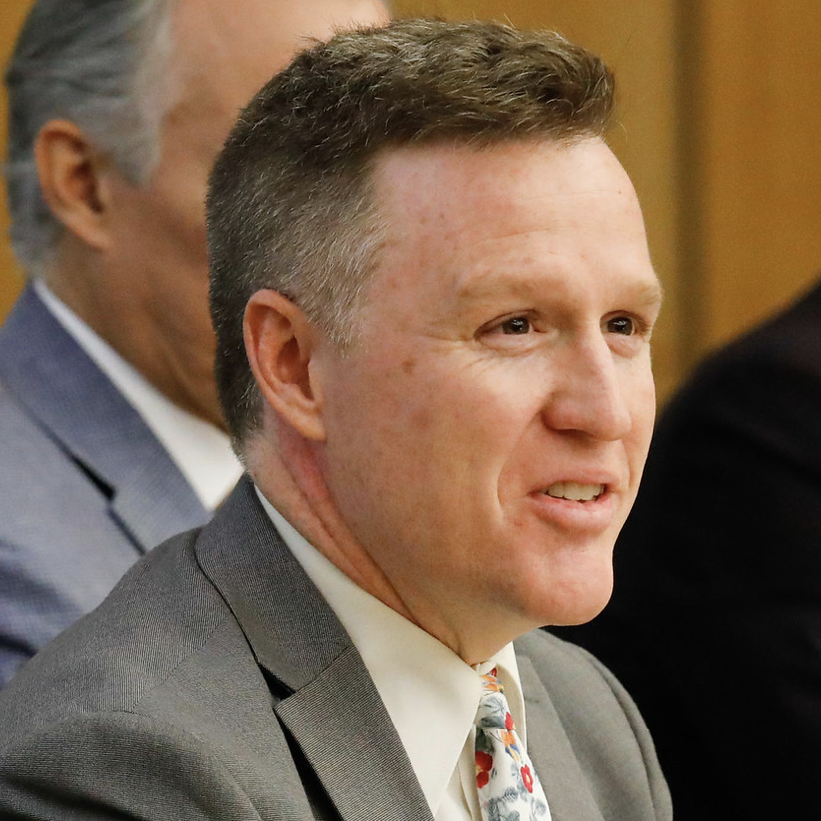
Sean Turnbull
Impact and Experimentation Lead, Global Affairs Canada
Presentation of Edgardo Perez Preciado
(NB: Mr. Perez’s is the only visual presentation from among the morning’s keynotes.)
“
”
Panel Discussion
How standards can be a force for good
A conversation among leading standard setters reflected on the power of standards to teach, to change culture, and to promote responsible action.
PANELISTS
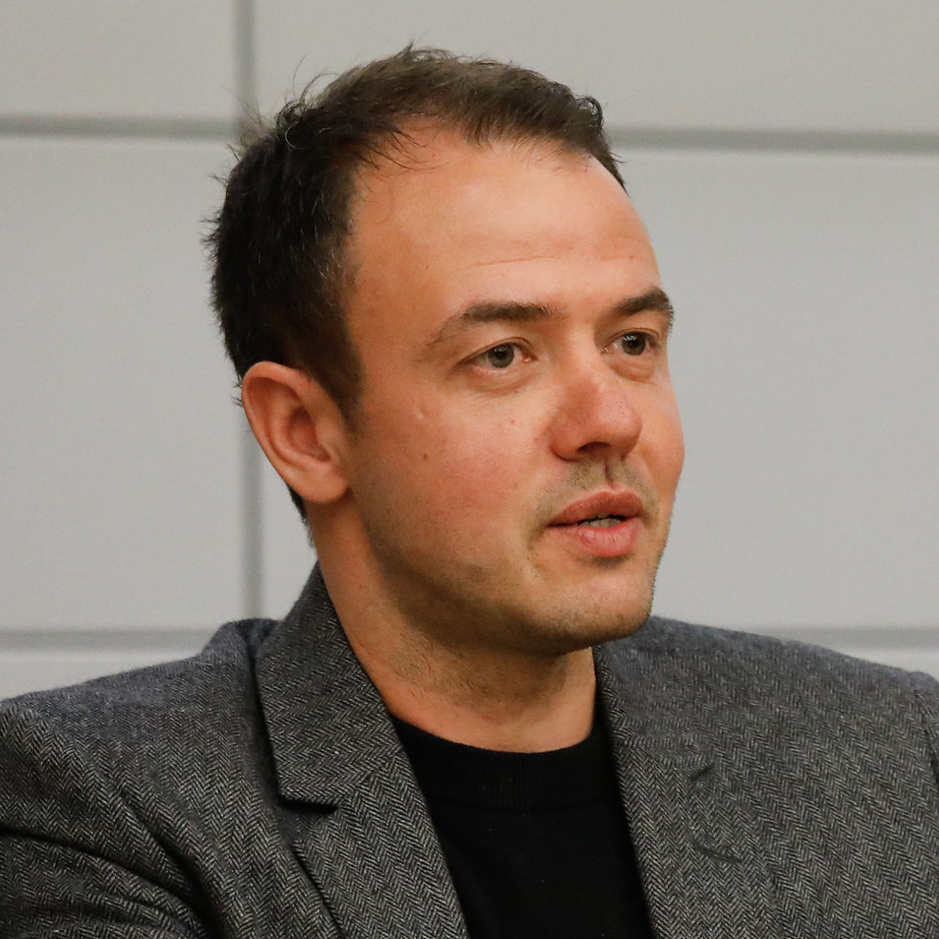
Ben Carpenter
CEO, Social Value International

Laura Foose
Executive Director, Social Performance Task Force (SPTF)
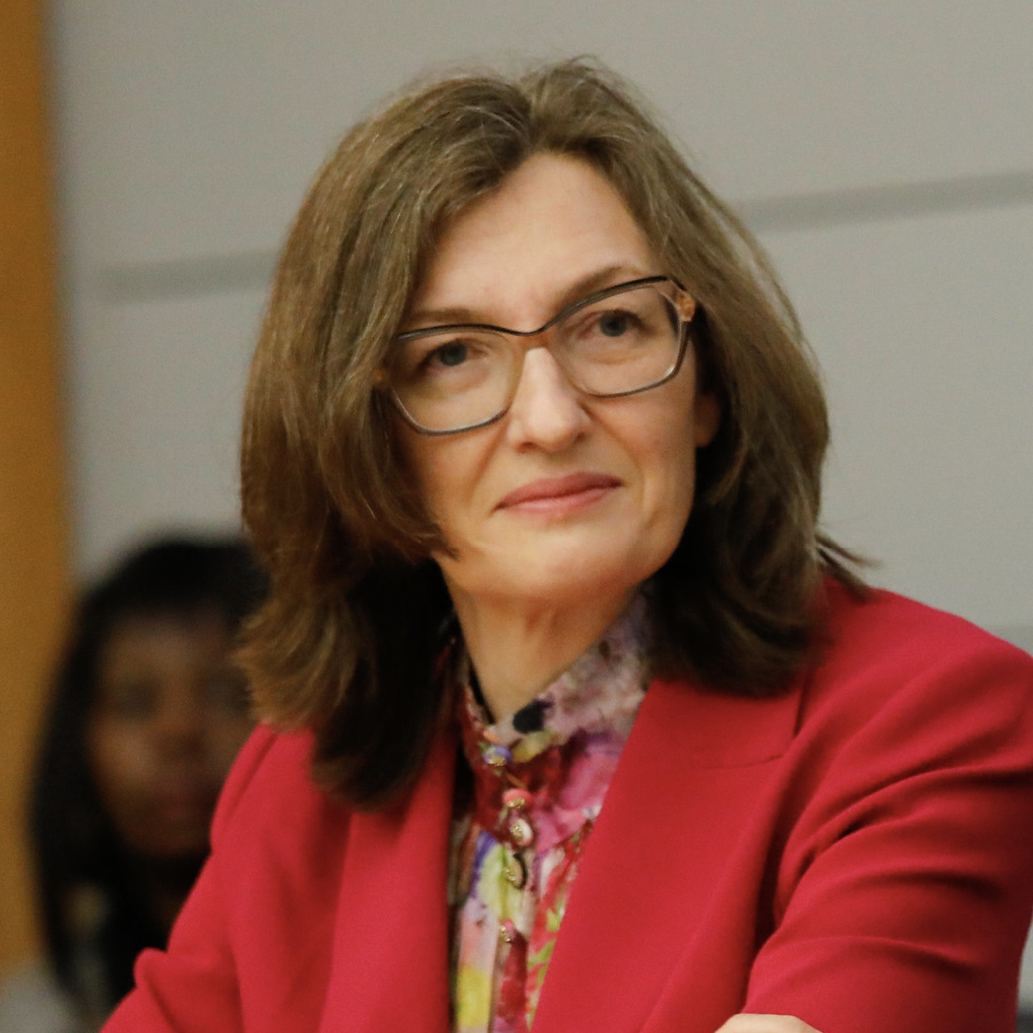
Fabienne Michaux
Director, SDG Impact Team, UNDP
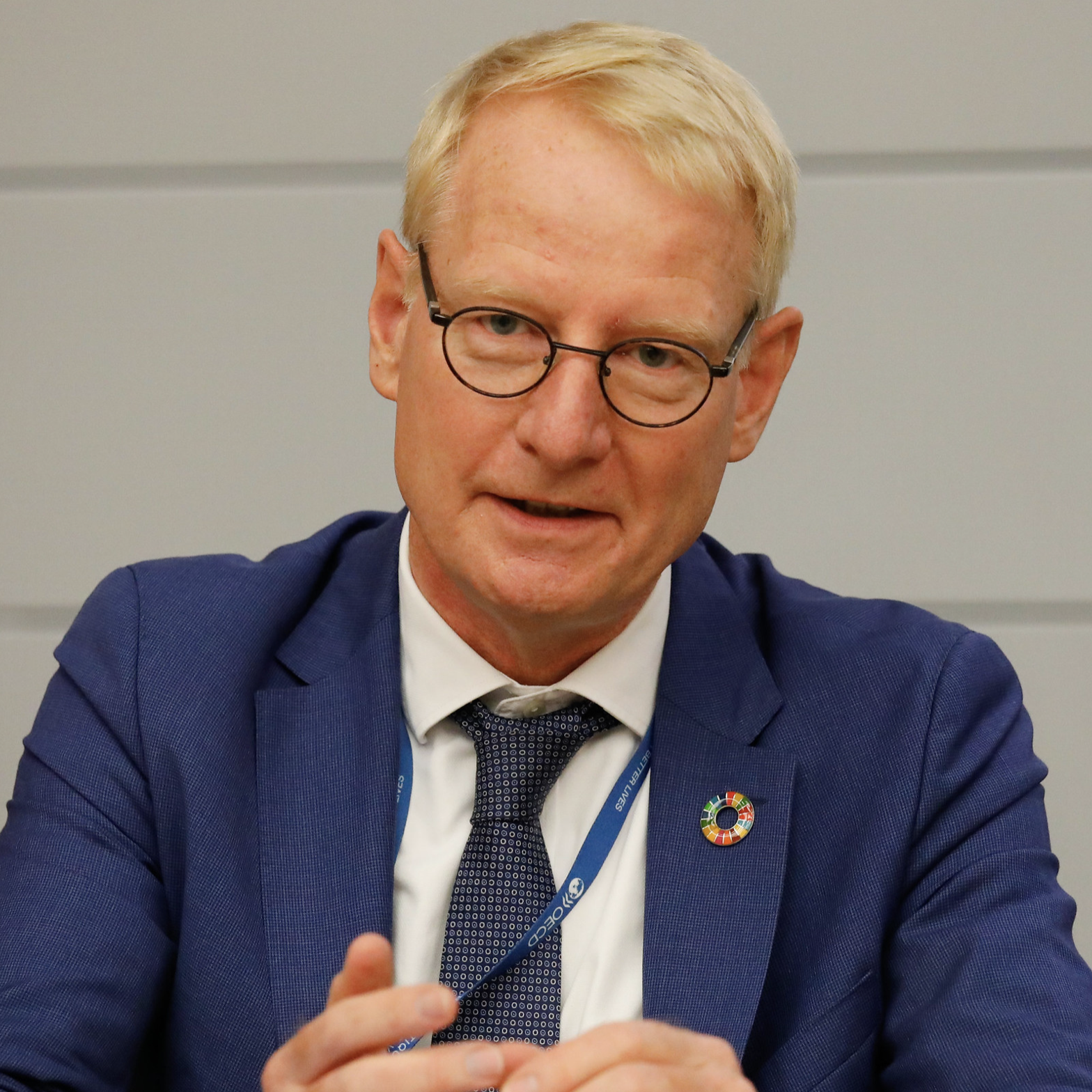
Haje Schütte
Head of Division, Financing Sustainable Development, OECD
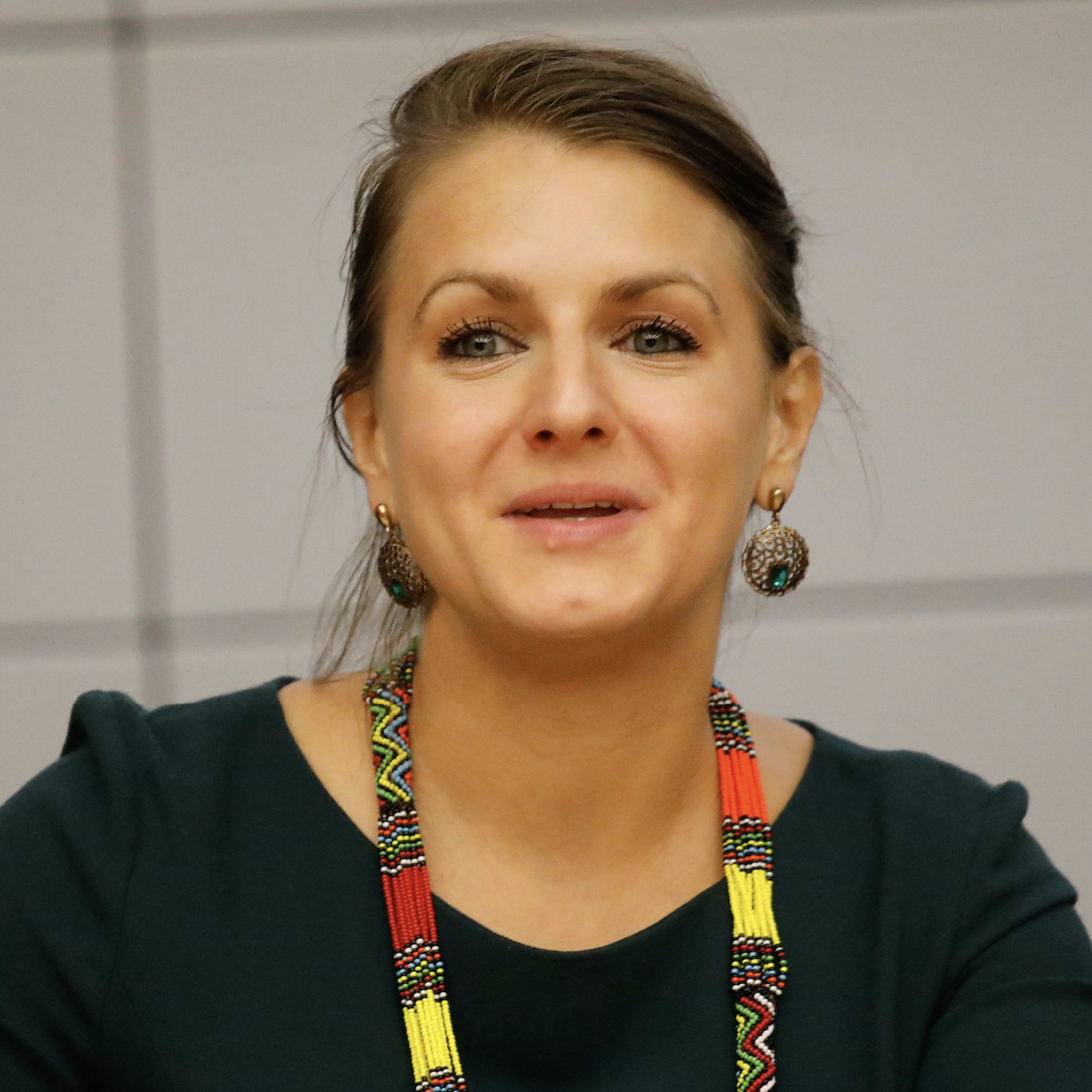
Krisztina Tora
Chief Market Development Officer, Global Steering Group on Impact Investment (GSG)
“
”
CASE STUDY
The Microfinance Enhancement Facility: Using standards and social performance management tools for greater impact
The Microfinance Enhancement Facility (MEF) was initiated in 2009 by KfW and IFC, as a joint initiative with OeEB (the Development Bank of Austria). Coadvised by four private investment advisors, BlueOrchard Finance AG, Incofin Investment Management, responsAbility Investments AG, and Symbiotics SA, and supported by Innpact in the role of General Secretary, MEF’s objective is to ensure that microfinance continues to stimulate growth, create jobs, and reduce poverty in emerging markets. MEF investors are committed to social impact, and in this session, they explained how they embed the Impact Standards for Financing Sustainable Development (IS-FSD) at the institutional level in order to further their social and environmental goals. The session also explored the benefits that all stakeholders involved in the MEF, from asset owners to asset managers to financial service providers, have experienced from using this tool, as well as the lessons learned, and MEF’s ideas for how to improve performance further by deepening its engagement with social and environmental performance management tools and resources.
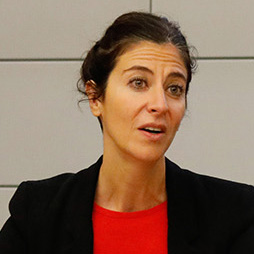
Dina Pons
Managing Partner, Incofin Investment Management
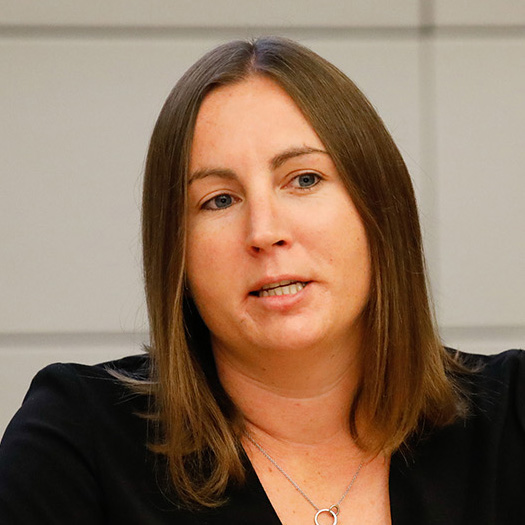
Christelle Champetter
Senior Fund Manager, Innpact
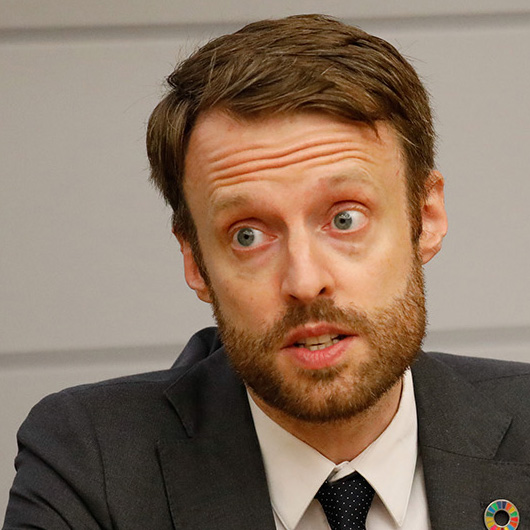
Paul Hailey
Head of Sustainability & Impact, responsAbility

Jens Wirth
Division Head for Financial Inclusion and Global Funds in
the Equity and Funds Department, KfW Development Bank

Cécile Lapenu
Executive Director, CERISE
“
”
Dina Pons,
Managing Partner, Incofin Investment Management
CASE STUDY
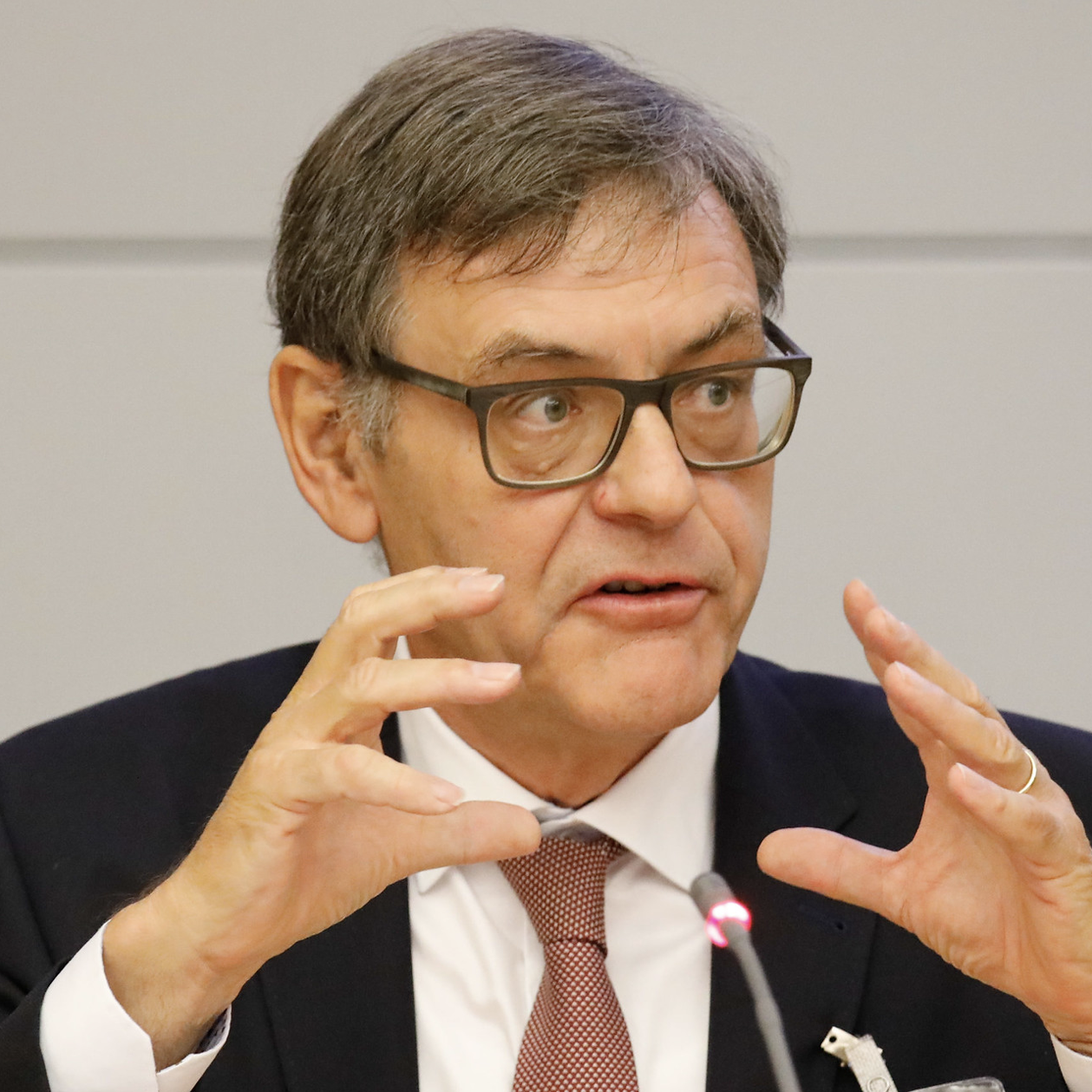
Loïc De Cannière
Founder and Chair, Incofin Investment Management
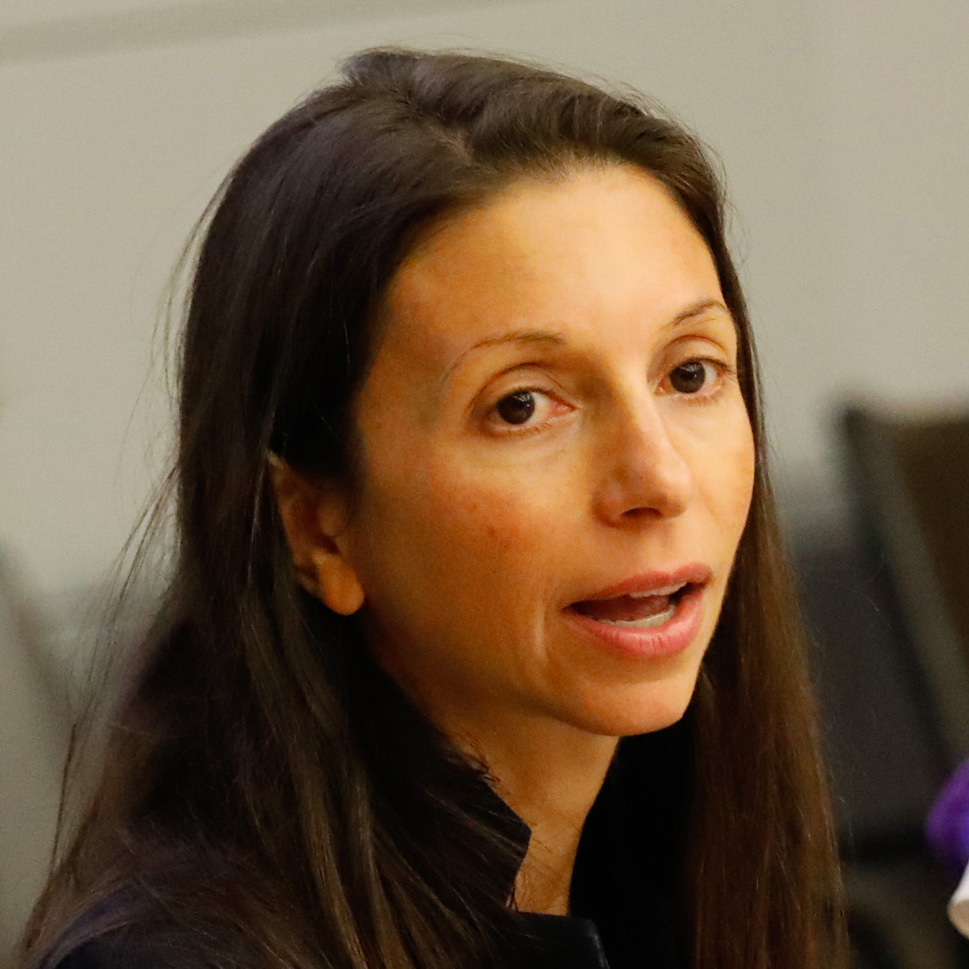
Leticia Emme
Managing Director, Impact Management, Monitoring, and
Learning (IMML), Office of Development Policy, U.S. International Development Finance Corporation (DFC)
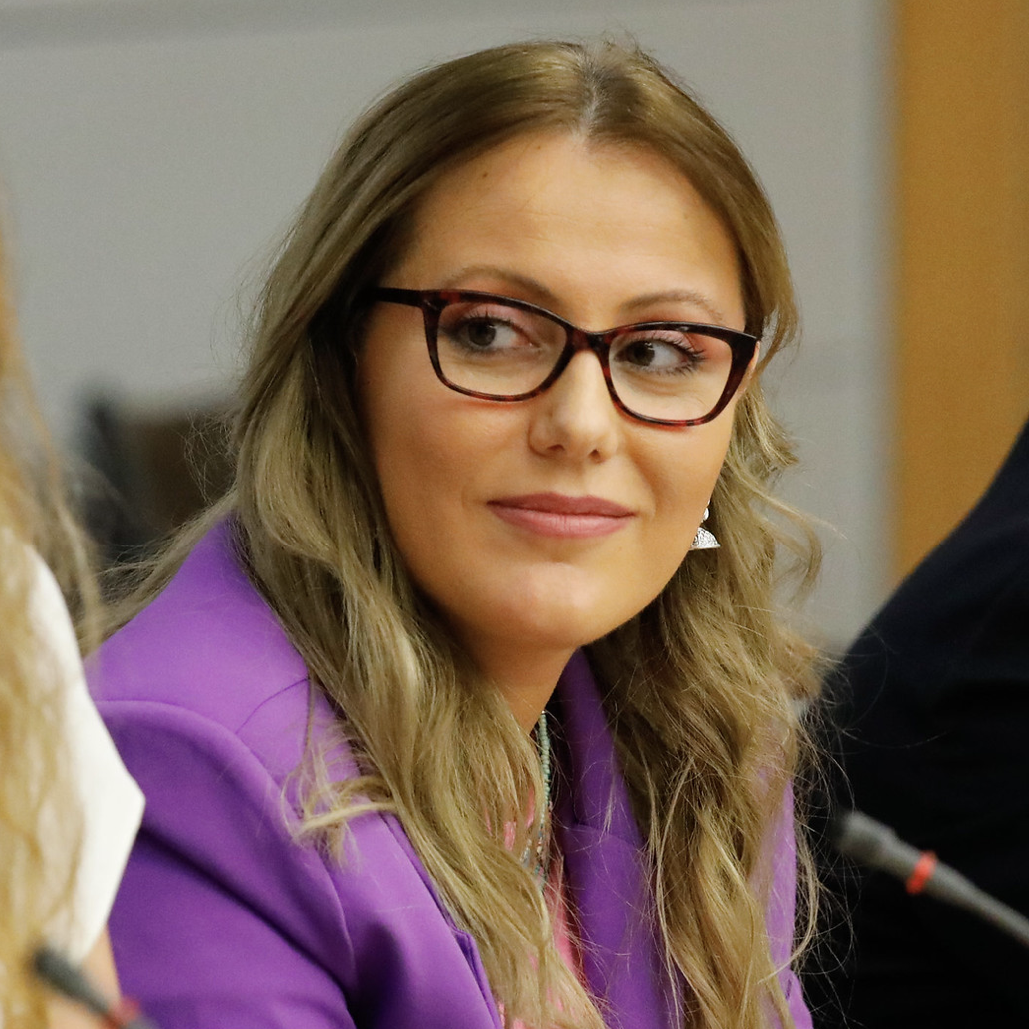
Maya Kobalia
Head of Environmental and Social (E&S) Division, Crystal
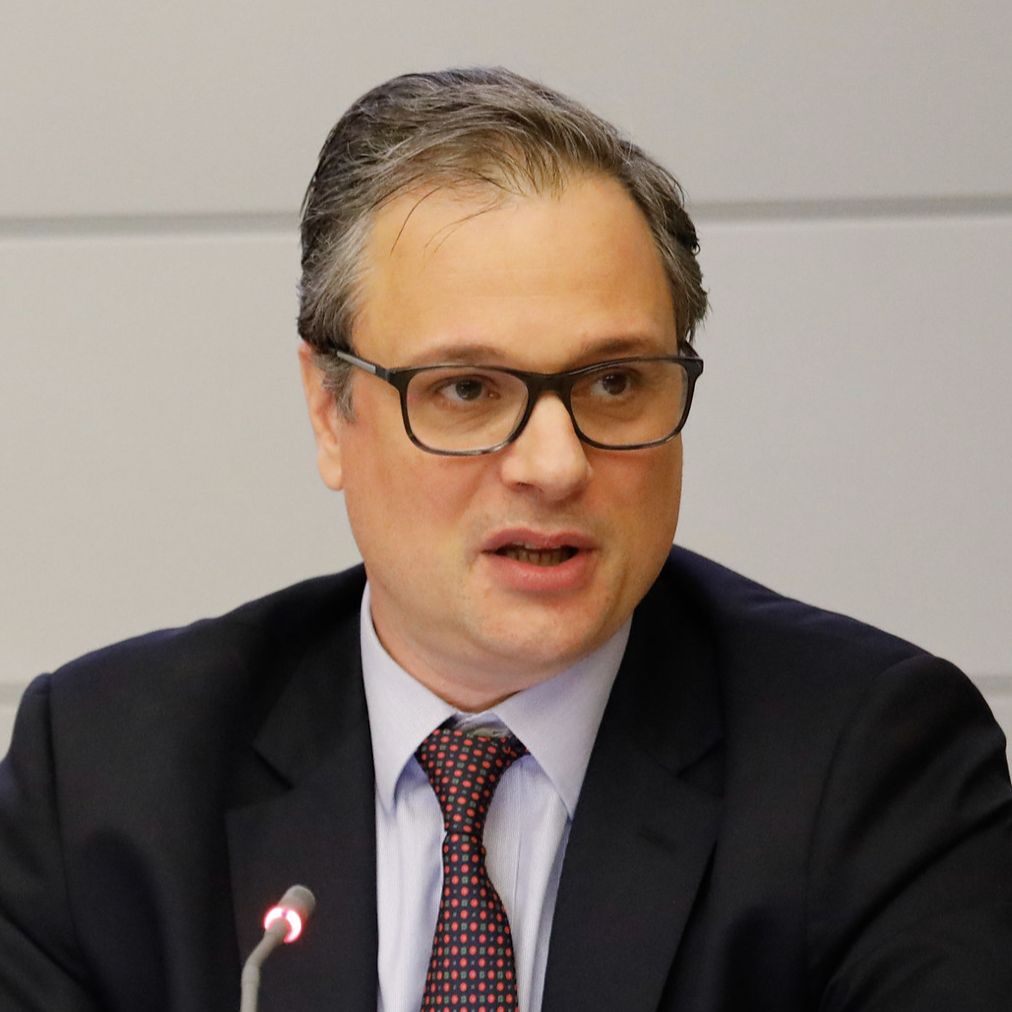
Alessandro Maffioli
Chief, Development Effectiveness Division, IDB Invest

Edgardo Perez Preciado
General Manager, Fundación Génesis
Empresarial
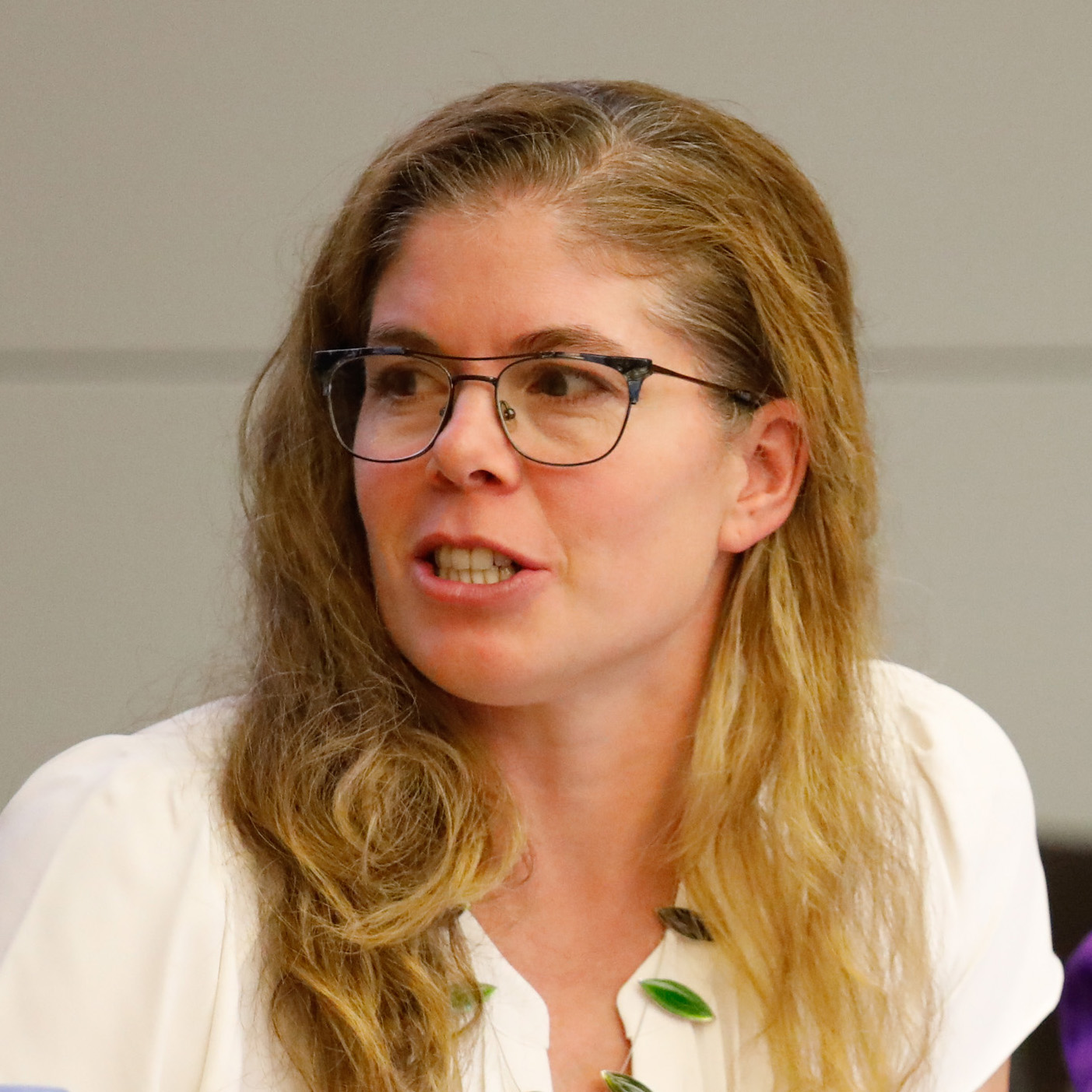
Amelia Greenberg
Deputy Director, SPTF
“
”
CASE STUDY
Nordic Microfinance Initiative integrates social performance management into its own investment management systems and into the governance structures of its investees.
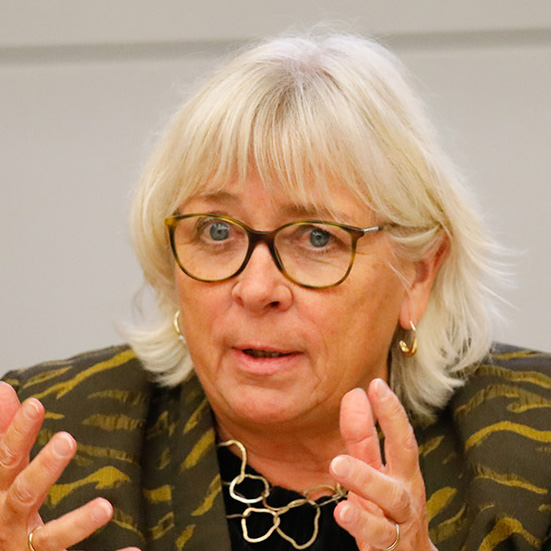
Birgitte Bang Nielsen
Sustainability Director, Investment Fund for Developing Countries (IFU)
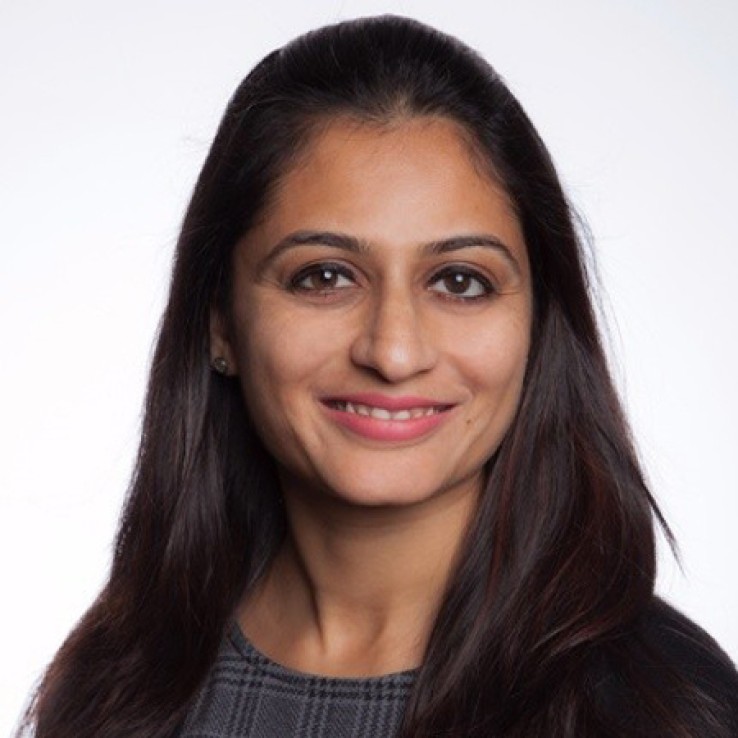
Smriti Chandra
Board member, Svasti (via video)
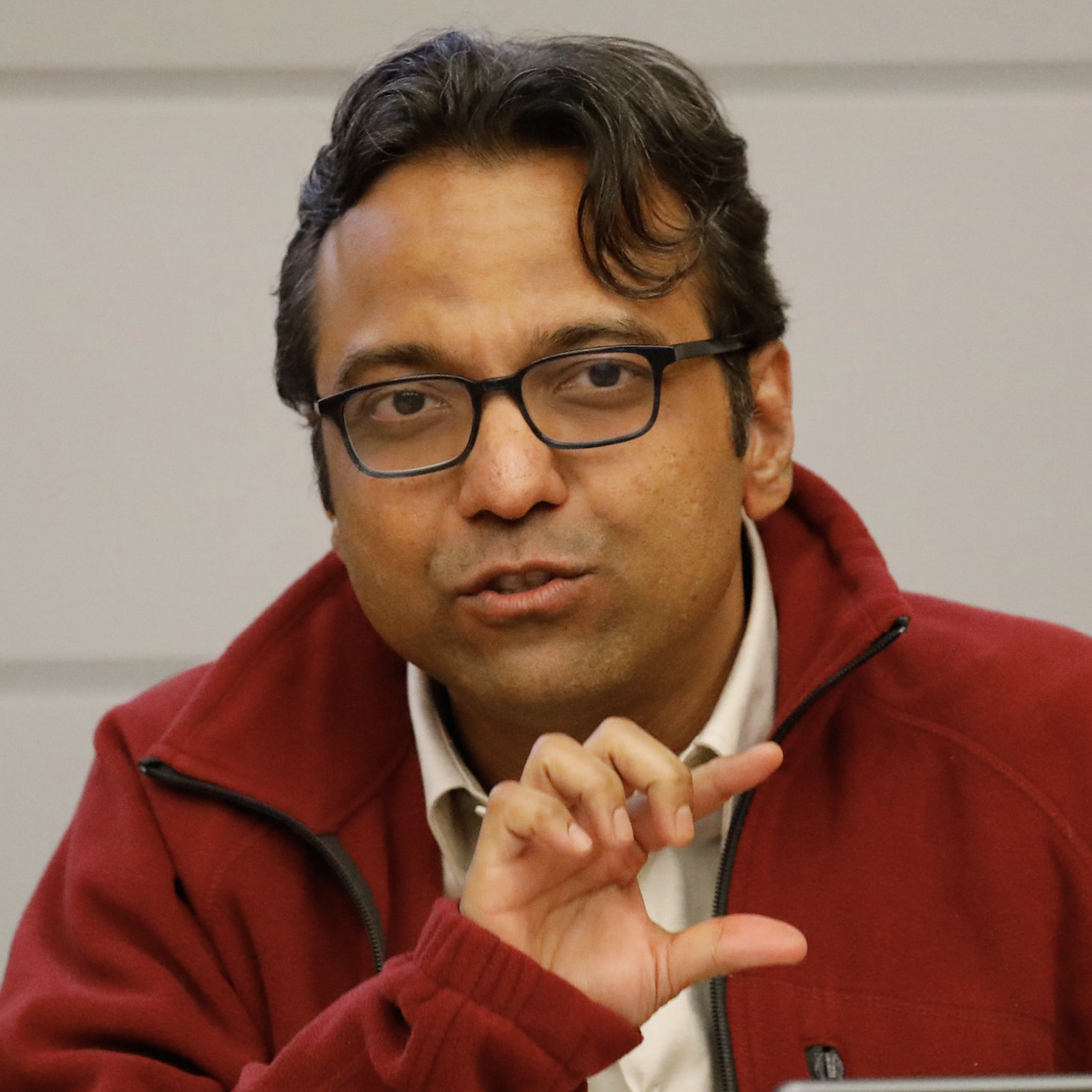
Arunkumar Padmanabhan
CEO, Svasti
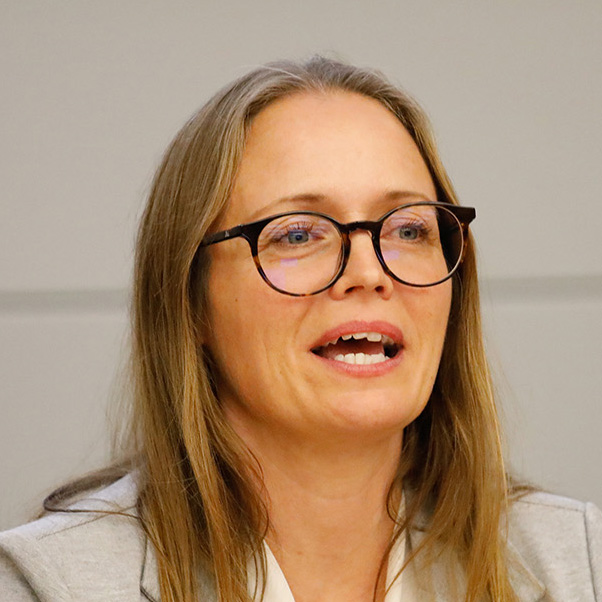
Lone Søndergaard
Senior Investment Manager, Nordic Microfinance
Initiative (NMI)

Laura Foose
Executive Director, SPTF
“
”
CASE STUDY
UN Joint SDG Fund

Lisa Kurbiel
Head of the Joint SDG Fund Secretariat, UN Joint SDG Fund
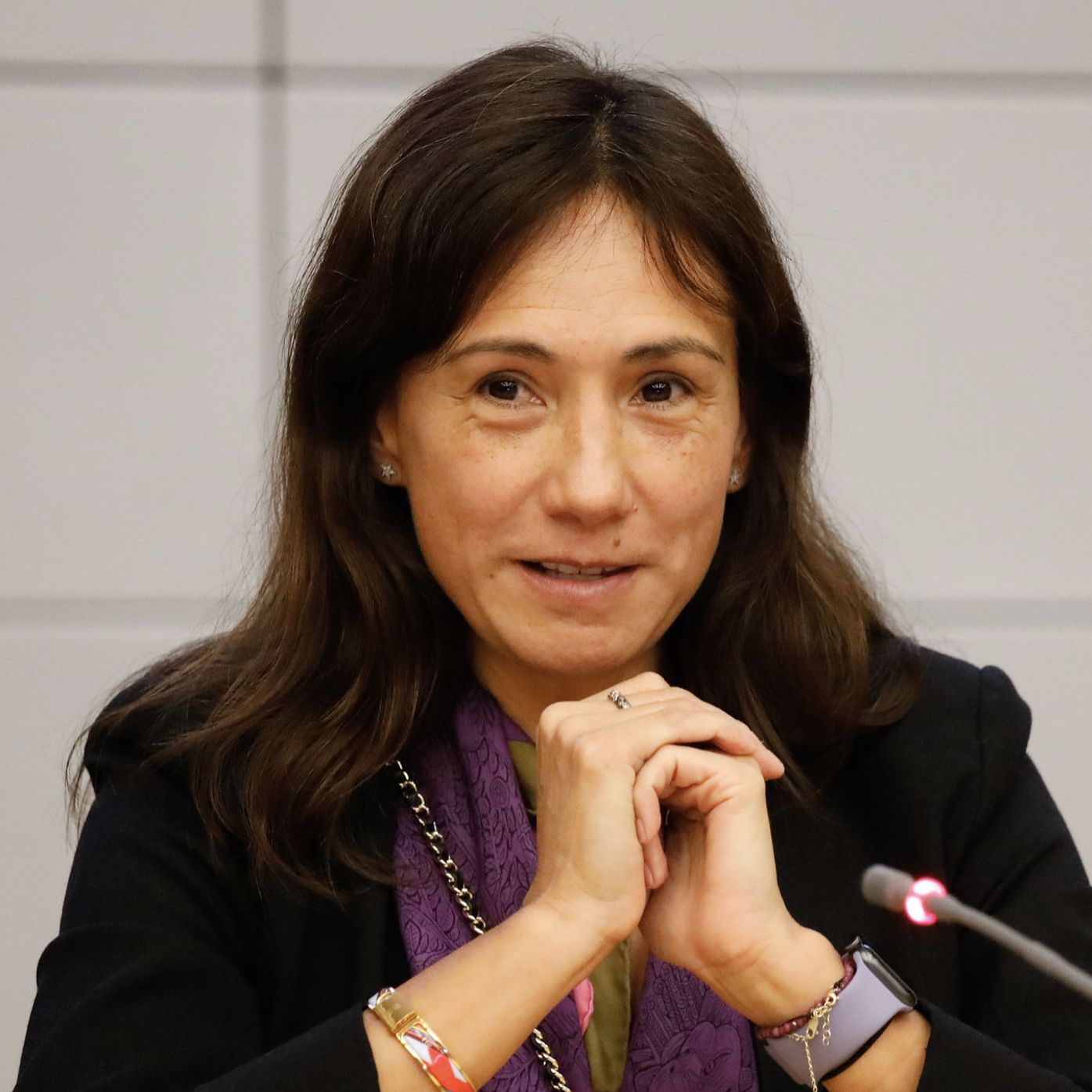
Belissa Rojas
IMM Lead, UNDP SDG Impact Team
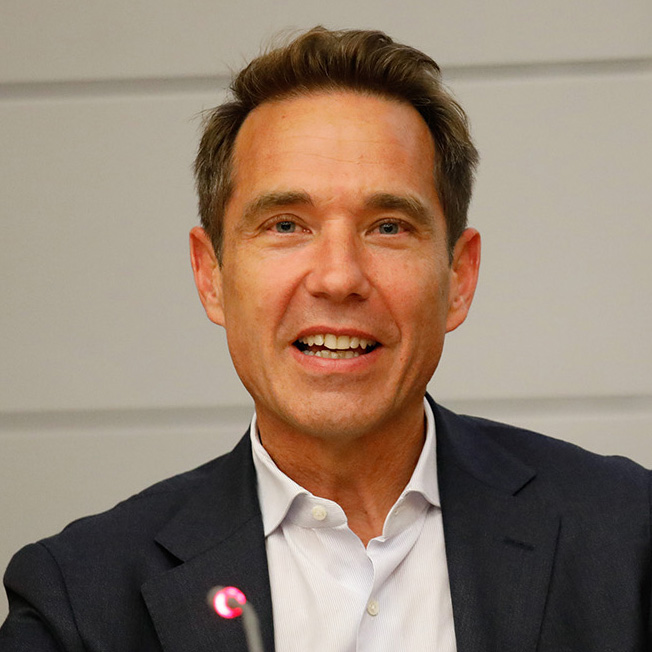
Youri Siegel
Global Market Sustainable Structuring, BNP Paribas
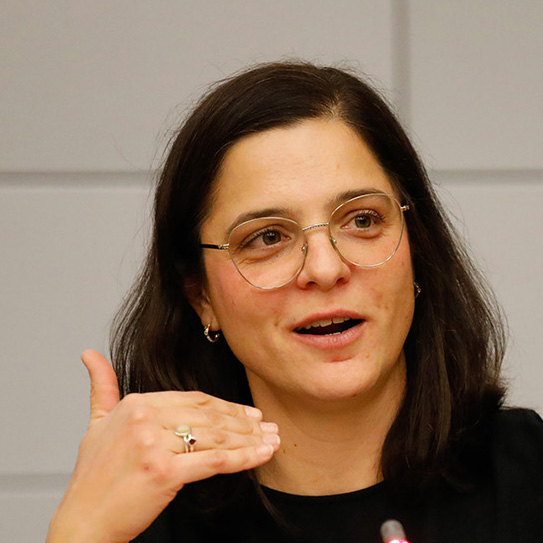
Priscilla Boiardi
Policy Analyst, Private Finance for Sustainable
Development, OECD
“
”
Youri Siegel
Global Market Sustainable Structuring,
BNP Paribas
PANEL DISCUSSION
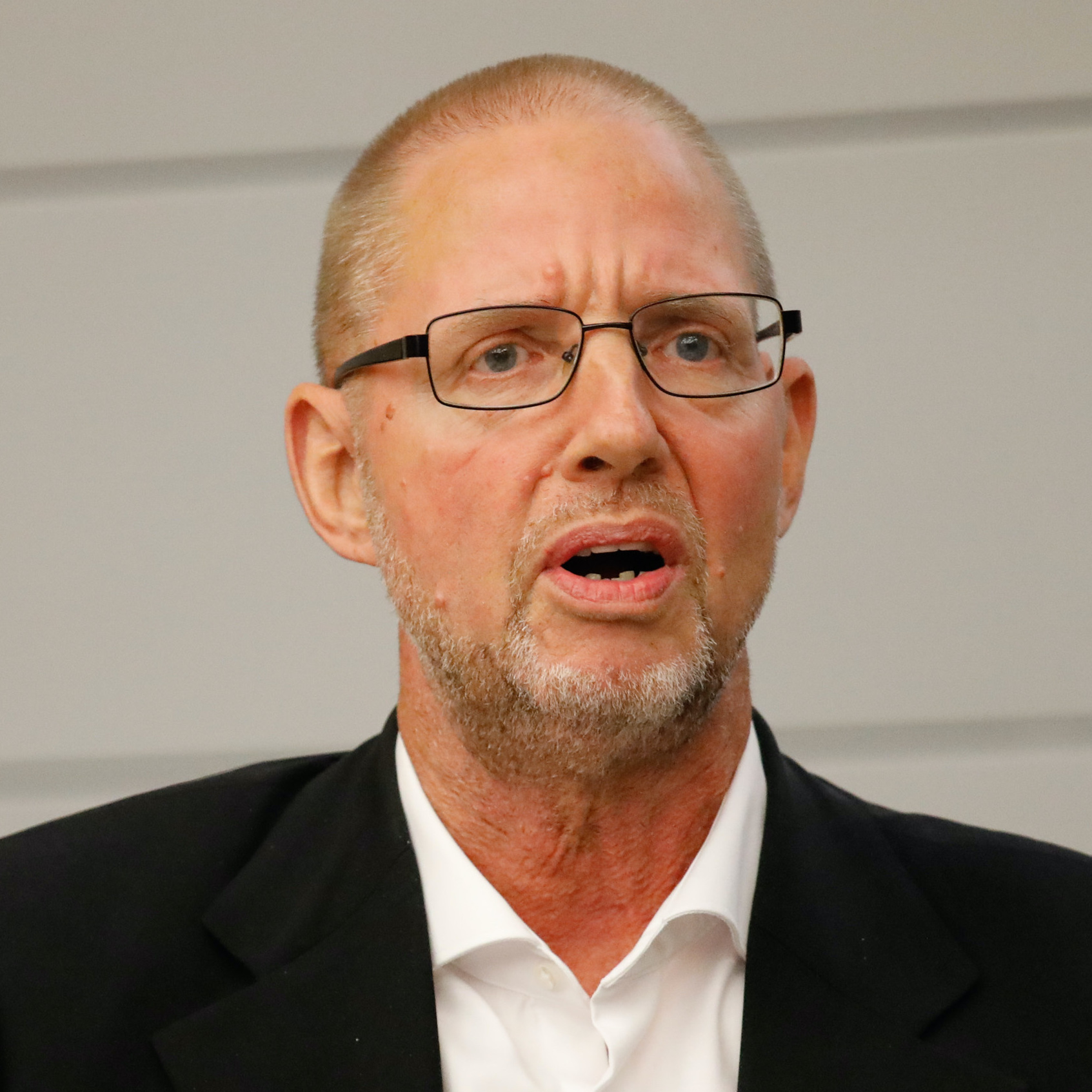
Lasse Moller
Chief Consultant in the Green Diplomacy and Climate Office, Ministry of Foreign Affairs of Denmark
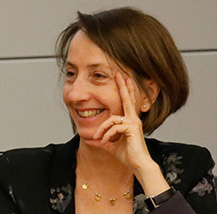
Christine Poursat
Head – Financial Systems, Agence Française de Développement (AFD), France
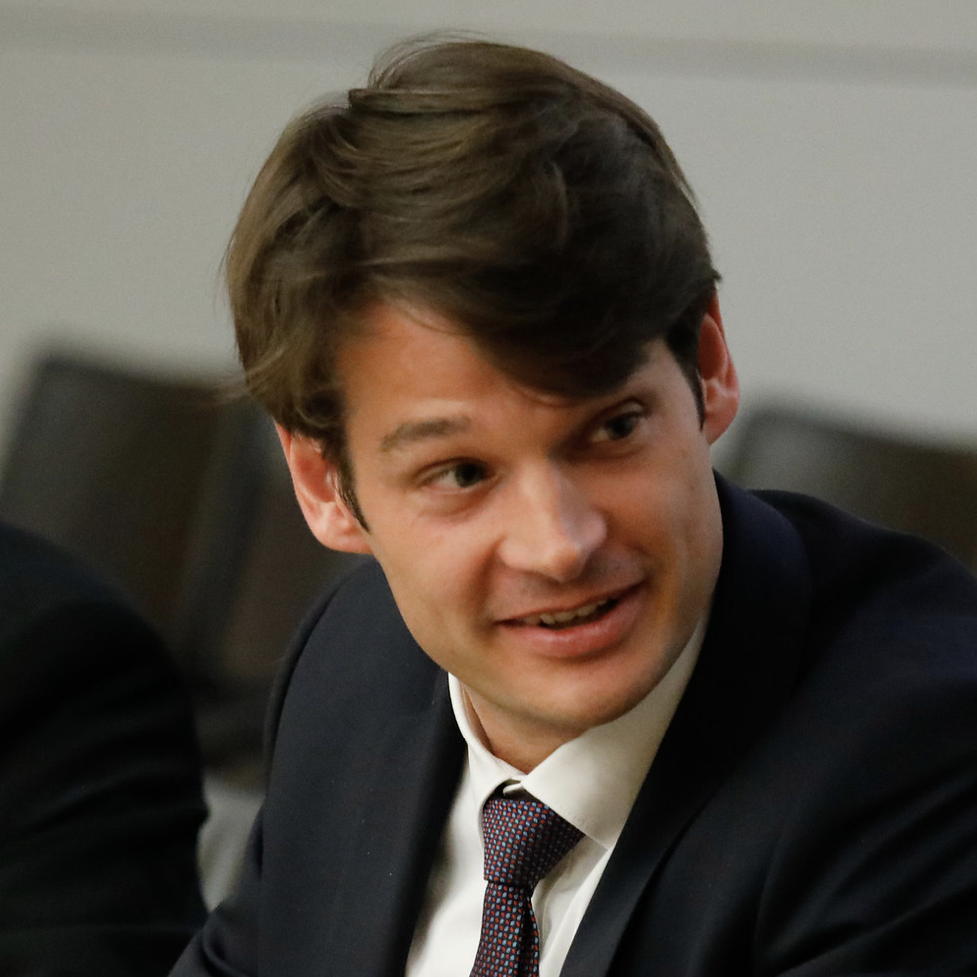
Paul Weber
Secrétaire de Légation, Ministry of Foreign and European Affairs, Luxembourg
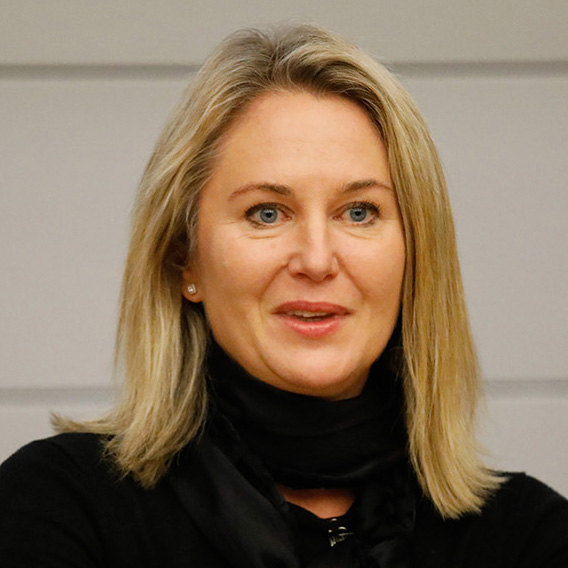
Lisa Hehenberger
Associate Professor, ESADE
“
”
closing remarks
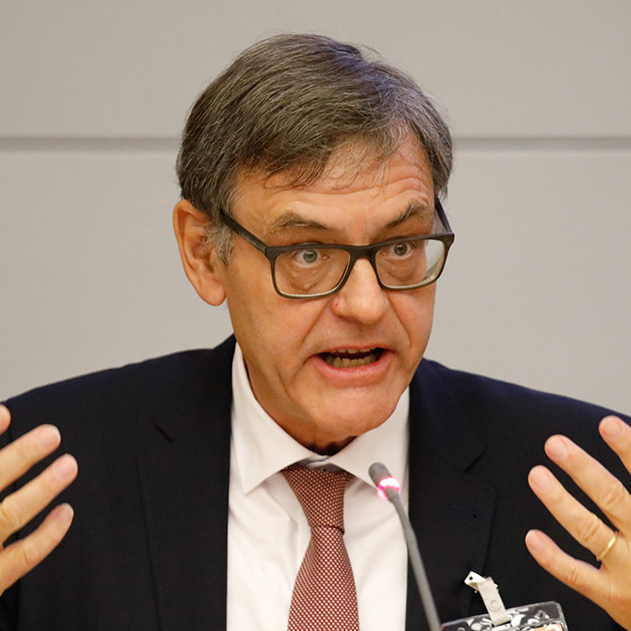
Loic De Cannière
Board Chair of SPTF, Founder and Chair
of Incofin Investment Management
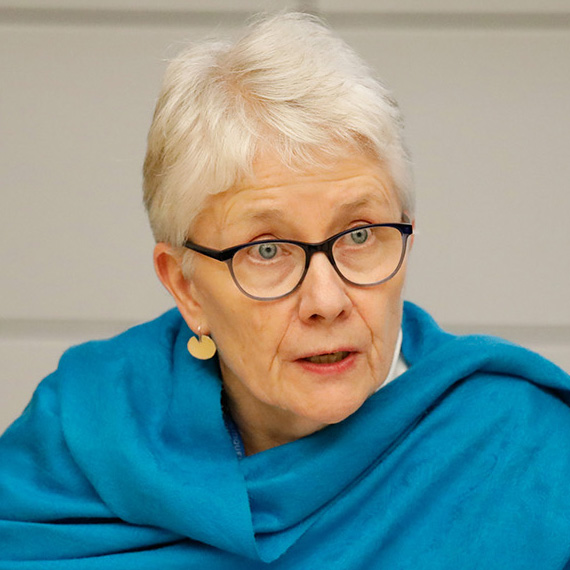
Kerri-Ann Jones
Deputy Secretary General, OECD
“
”
Kerri-Ann Jones,
Deputy Secretary General, OECD
CERISE+SPTF and OECD MEETING 2022



Cerise + SPTF #FinanceUnited meeting with OECD, UNDP & global partners.
(Photos provided by Andrew Wheeler)

